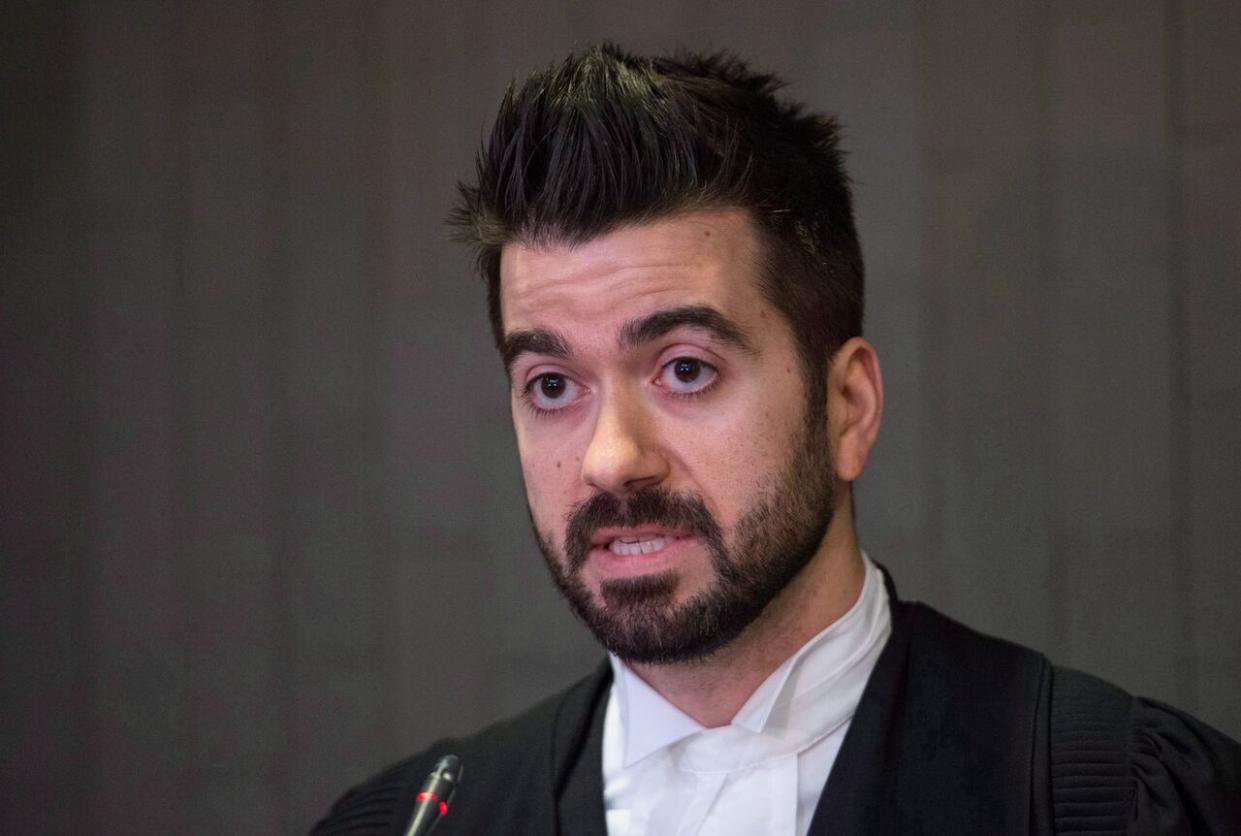Quebec judge rules part of Bill 96 calling for judgments to be translated is invalid

A Quebec Court judge has ruled — of his own volition — that a clause of the province's revamped French language charter, calling for English criminal court judgments to be immediately translated into French, is invalid.
Judge Dennis Galiatsatos released a 34-page judgment Friday, ahead of a criminal trial set to take place in English beginning June 3.
In the English-only judgment, Galiatsatos found that Article 10 of the charter, set to take effect June 1, is incompatible with Canadian criminal law, which is under federal jurisdiction, and could disproportionately harm English speakers because of extra translation delays.
Galiatsatos had undertaken to evaluate the constitutionality of the charter's article himself earlier this month, after hearing arguments from the Crown and defence in a voirdire ahead of the upcoming criminal trial of Christine Pryde.
Quebec's attorney general attempted to prevent Galiatsatos from ruling on the provincial law, alleging before a Quebec Superior Court judge that he was not impartial in the matter.
But in a judgment also rendered Friday, the Superior Court judge found that while the attorney general's arguments were valid, it failed to demonstrated that Galiatsatos had serious or irreparable prejudice.
Galiatsatos first raised the issue on May 1, in another ruling that warned of potential delays in the trial of Christine Pryde, who has been charged with dangerous and impaired driving and criminal negligence causing the death of a cyclist, Irene Dehem, that occurred May 18, 2021 in the West Island of Montreal.
Pryde requested that her trial take place in English, a choice set out in Canadian criminal law.
Galiatsatos wrote in that ruling that Dehem and Pryde's families would have to wait several additional weeks or months to receive the final judgment since it would have to be translated, reviewed, corrected and approved.
Pascal Paradis, the justice critic for the Parti Québécois, said it's a problem that Galiatsatos made an unsolicited judgment on the charter, known as Bill 96.
"This is an issue. This is a real issue," Paradis told reporters at the National Assembly Monday.
Paradis said it would have been different if Galiatsatos was making a judgment after the problem had been raised in court by either party in the trial.
Quebec Liberal Party Leader Marc Tanguay disagreed, calling the law a "very bad piece of legislation" with "many defects." Tanguay noted his party voted against article 10, and the law as a whole, and even tabled a suggested amendment replacing the article, which did not pass.
He said the article's stipulation that court decisions rendered in English be translated into French immediately was unrealistic given the time needed to translate. Tanguay also noted that under the new French language charter, the government reduced the number of bilingual judges required in the province.
Meanwhile, Québec Solidaire co-head Gabriel Nadeau-Dubois said his party had not yet analyzed Galiatsatos's judgment, but he agrees with the principle "that judgments should be translated into French."
"It's important for all Quebecers that those judgments are available in French," he said.


